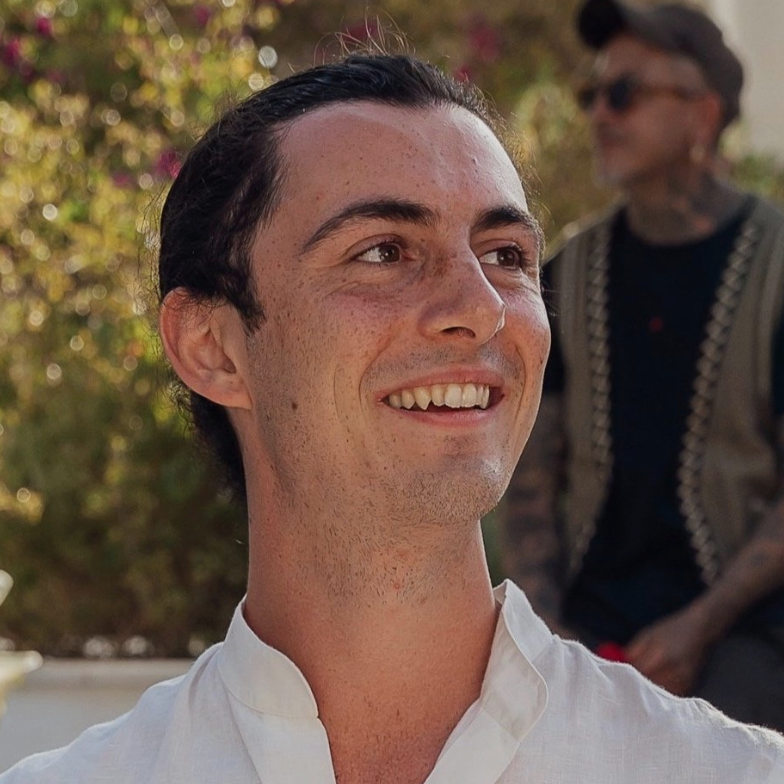
The True Magick Behind Magic Tricks w / Sasha Crespi | AMP # 448
When is magic real?
Join us on a captivating journey as Sasha Crespi, a maestro of magic, unravels the enigmatic realm where magick and magic tricks intersect.
In this episode, we probe the moral dimensions of deception and ponder the elusive line between magick and mere trickery. Sasha, known for his mastery in the art, shares insights that challenge our perceptions and prompt us to question the ethical use of illusions. He also displays some of his own magic (complete with a few tricks) It's a thought-provoking exploration that goes beyond smoke and mirrors, inviting you to reconsider the very nature of magic itself.
Are you ready to embark on this spellbinding adventure?
Tune in and let the magic unfold.